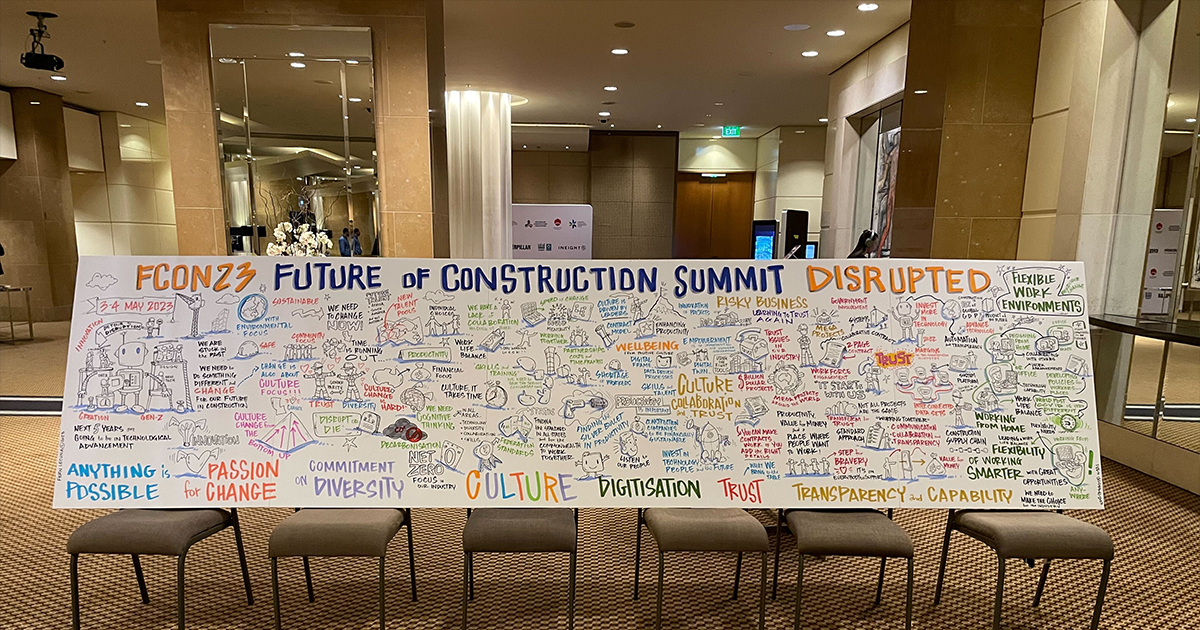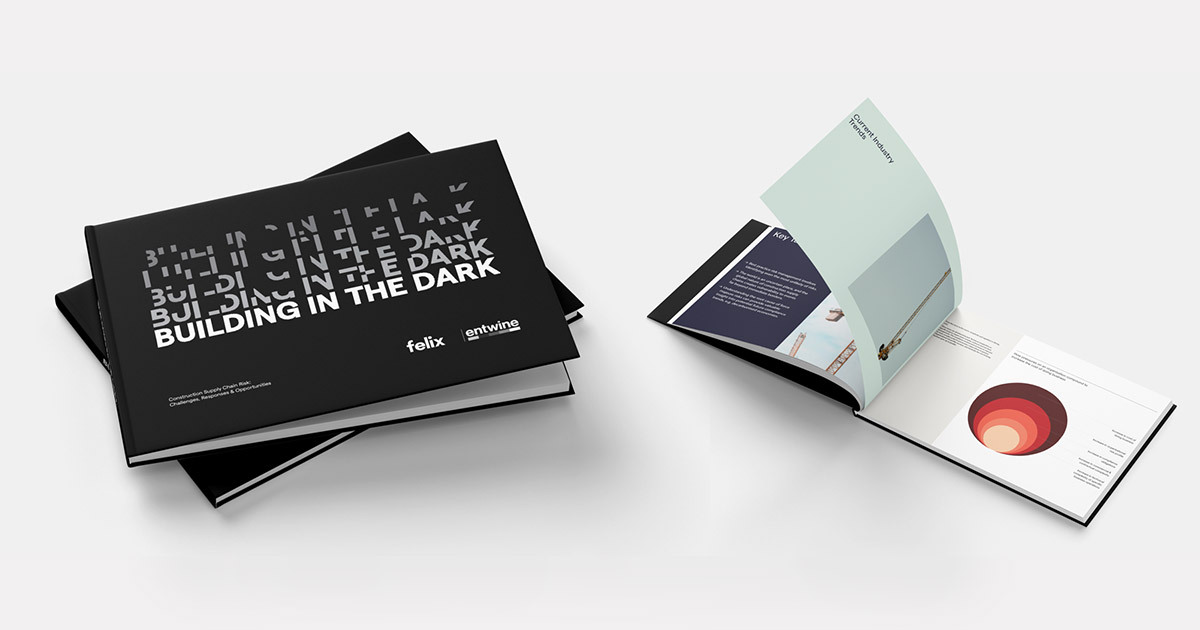We’ve wrapped up our third Product Showcase, where attendees from Australia, New Zealand, to Hong Kong and Indonesia, joined us to learn more about what we’ve recently released in Felix and what we are planning next for our vendor management and procurement platform.
In case you missed it, the product showcase webinar covered:
- How AI-powered technology enables faster and more accurate compliance data during onboarding.
- Our integration with Eftsure so that you can identify errors, fraud and scam attempts related to payment details during vendor onboarding.
- New functionality that allows you to manage pricing schedules as controlled documents.
- What's coming soon to Felix – including further updates for pricing schedules, new APIs and functionality to get more of your vendor database into Felix.
You can watch the full webinar here, or read the main takeaways in our Product Showcase March 2024 webinar recap.
In this blog post, we will recap the questions that were asked from our audience.
Questions about AI-powered compliance document recognition
Q: Can we use this technology for other document uploads in Felix?
A: We’ve introduced AI to compliance documents as they were the highest volume upload type within Felix. There may be opportunities to introduce AI-powered technology elsewhere in Felix and we welcome your desires/needs here via Q&A or you can provide feedback through our product roadmap which you can access from Felix.
Q: Does Felix manage expiry dates for compliance documentation - e.g. reminders for suppliers to upload new versions if Public Liability Insurance has expired?
A: Yes Felix helps organisations manage the expiry dates for compliance documentation.
Felix helps vendors keep on top of compliance documents by highlighting any documents that are expiring 30 days in gold. Documents that have already expired will be highlighted in red.
Organisations can then configure compliance documents expiry reminders to all vendors. Organisations can also generate a report of expiring compliance documents for contracted vendors in Felix to notify them of their expiring compliance documents.
You can learn more in the following Help page: Contract Compliance Document Notifications
Questions about the Felix-Eftsure integration
Q: I have vendors that aren’t in Australia, can I still use the Eftsure integration to verify their payment details?
A: At this stage, our integration with Eftsure validates against Australian and New Zealand bank records. We will monitor the demand for further countries with Eftsure.
Q: For organisations that need to verify payment information manually, what kind of documents are typically requested for proof of bank account details?
Supporting document requirements are set by each organisation, however common examples include bank statements, signed letterhead, void cheques, or they could request multiple document types.
Questions about Pricing Schedule enhancements
Q: If a vendor is responding to an open RFQ, and they receive a new version, do they lose their data?
A: Vendors won’t lose their data - vendors can view and export previous saved and submitted data. We are also considering further experience enhancements to make the process even more efficient across versions.
Q: How to do vendors receive a new version of a Pricing Schedule?
A: A new version of a Pricing Schedule is sent to vendors as an Addendum, so they will receive all the notifications that vendors are used to receiving when they receive a new Addendum. This includes an email and a notification on their dashboard. If they have quoted already, they will also see an info banner on their response tab.
Q: Can vendors create a Pricing Schedule?
A: Pricing Schedules are created by organisations and sent to vendors so they can respond. Vendors are required to answer in line with the requested format of the organisation issuing the RFQ.
Q: Can you link the pricing schedule to other documentation like specifications or drawings?
A: Documentation like specifications or drawings are attached to the Documents component of the RFQ, rather than being embedded in the Pricing Schedule itself.
Q: Is the line numbering in a Pricing Schedule sequential? Can Work Breakdown Structure (WBS) codes be imported as a field?
A: It’s possible to reorder rows in a Pricing Scheule, and it’s also possible to add a Custom Identifier field which can be used input an external reference number against a row in the Pricing Schedule.
Other general questions
Q: Does Felix target billion-dollar head contractors or smaller value contracts? And is it focused on any project, building or civil?
A: Felix is suitable for a wide range of contractors and has an existing customer base made up of both ends of the spectrum, across many industries.
If you have any questions about what we covered in the Product Showcase webinar, or about Felix in general, we would love to hear them. Reach out to us and we will get to the right person to respond to you.
Related Articles

Top 10 reasons for a centralised vendor database
While some organisations still rely on multiple decentralised databases or spreadsheets to store vendor data, a centralised vendor database offers numerous advantages. This article explores the top 10 reasons why a centralised vendor database is more effective than having information scattered across multiple email inboxes and spreadsheets.

Disruption at FCON 2023
Felix wasn’t just hosting drinks at FCON 2023. Here’s an overview of the key takeaways on disruption that surfaced through the panels and workshops.

Report launch: Building in The Dark
Today marks the launch of the Building in the Dark report, which examines construction supply chain risk in Australia and New Zealand.
Let's stay in touch
Get the monthly dose of supply chain, procurement and technology insights with the Felix newsletter.



